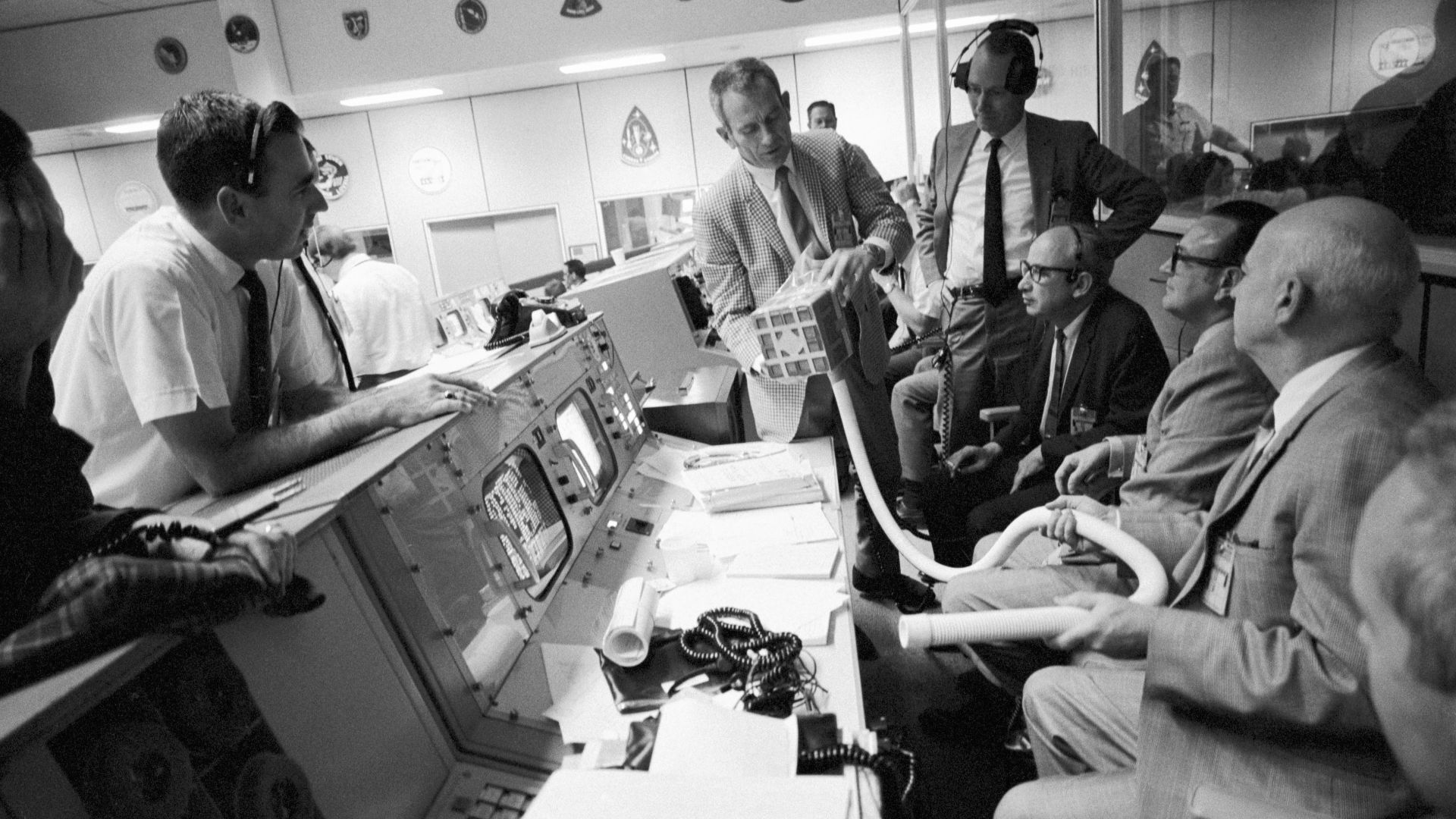The Degrees That Decide Your Future
Career flexibility varies dramatically depending on your college major. Some give you skills that translate across dozens of industries, making career pivots feel natural and completely seamless. But others lock you into a narrow specialty that's tough to escape. The smart move is knowing what you're signing up for before investing years and thousands of dollars. Let's first look at the degrees that give you the most options.
1. Business Administration
This degree equips you with leadership and management skills that apply in nearly any environment. You'll learn how strategy shapes outcomes and smart decisions fuel growth. These skills work across industries, opening paths into corporate roles, startups, finance, or operations wherever your interests take you.
2. Communications
The ability to influence others starts here. Communications majors explore how messaging shapes opinions and how clarity builds trust. That awareness turns into opportunity across journalism or public relations, where the right story or statement can completely change perception.
3. Computer Science
Every modern industry relies on technology, and computer science sits at its core. The coursework trains sharp, analytical thinkers who design systems and solve problems. Many head into software design, cybersecurity, or AI research, while others use their skills to launch startups.
4. Psychology
Figuring out human behavior matters in more jobs than you'd think. Psychology majors study emotions and decision-making patterns. Counseling is the obvious path, but marketers need this knowledge too, along with HR professionals and anyone managing teams or trying to influence how people respond to ideas.
5. Liberal Arts
Instead of narrowing focus, a liberal arts education widens it. Students study culture and history to learn how ideas connect. That broad curiosity turns into strength in education, writing, business, and law. Basically, anywhere flexible thinking and communication matter most.
 Antoni Shkraba Studio on Pexels
Antoni Shkraba Studio on Pexels
6. Economics
Economic thinking helps explain everyday choices, whether it's shopping habits or global trade. Students examine how people respond to change and what those patterns reveal. After finishing, you can step into finance or policy, where the same reasoning skills drive smarter decisions.
7. Political Science
Power shapes everything around us. Political science explores who holds it, how they use it, and what it means for society. Graduates often bring this awareness into law and public service to aim to improve how communities are governed.
8. Education
Few degrees offer such a visible impact. Education teaches how minds grow, then tests those insights with real learners. Some stay in classrooms, while others design training programs or mentor professionals—the goal remains the same: sparking growth through guidance.
9. English
Strong writing never goes out of style. English majors learn to analyze deeply and communicate ideas with clarity. Employers value those strengths in marketing, publishing, and strategy roles, where precise language builds credibility and turns complex thoughts into messages people remember.
10. Public Health
Public health professionals protect communities by stopping problems before they spread. In this, people learn how data uncovers risk and how education changes outcomes. Many use this background to design programs or influence policies that make healthier living possible for everyone.
Some degrees open every door, while others quietly close most of them—what comes next highlights the programs that often lead to careers few can easily step away from.
1. Petroleum Engineering
Petroleum engineering locks you into a niche that’s both technical and demanding. The work revolves around oil and gas extraction, often in remote or offshore locations. While the field pays well, switching industries later can be tough due to the deep specialization involved.
2. Veterinary Medicine
Becoming a veterinarian takes years of study and licensure, which leaves little room to pivot afterward. Professionals tend to stay in animal care or surgery, as shifting to research or public health roles usually requires extra training.
3. Aviation Maintenance Technology
Once you train to maintain aircraft, your expertise becomes highly specific. Most professionals remain tied to aviation because regulations and aircraft systems are complex. Moving into another industry is possible, but it usually demands new certifications and a significant career reset.
 Nur Andi Ravsanjani Gusma on Pexels
Nur Andi Ravsanjani Gusma on Pexels
4. Nuclear Engineering
Powering cities or fueling spacecraft might sound exciting; however, this field keeps its experts firmly rooted. Strict safety rules and deep specialization make it difficult to branch out. Once trained for nuclear systems, people stay in that technical world long-term.
 Lawrence Livermore National Security on Wikimedia
Lawrence Livermore National Security on Wikimedia
5. Dental Surgery
Few paths demand such precision and commitment. Dentists spend years mastering techniques that rarely apply beyond oral care. Some eventually expand into cosmetic work or humanitarian projects, but moving into unrelated professions usually means investing heavily in retraining.
6. Mortuary Science
Helping families honor loved ones requires compassion, skill, and emotional strength. For mortuary, students learn the delicate balance between science and service to gain expertise that few other professions use. That uniqueness often keeps graduates in funeral work or closely related roles for decades.
7. Marine Biology
Beneath the surface of ocean research lies a career with limited flexibility. Students who study marine ecosystems become specialists in aquatic life, not general scientists. Transitioning elsewhere can be difficult, though many find fulfillment studying coral reefs or leading conservation efforts.
8. Music Performance (Classical Instrumentation)
Precision defines every note for classical performers. People spend years refining technique and interpreting complex compositions. Careers stay rooted in performance or instruction, whether on concert stages or in classrooms, since their expertise applies almost exclusively to music itself.
9. Aerospace Engineering
Designing what flies or orbits the Earth takes rare precision. Aerospace teaches aerodynamics and propulsion while pushing boundaries in drone systems and space missions. Because the field demands deep technical knowledge, most people spend their entire careers within the aerospace industry.
10. Archaeology
Digging into the past reveals more than relics—it exposes how people lived and thought. Archaeology students master research and field methods that uncover long-buried stories. The skills rarely transfer easily, keeping graduates close to academia, museums, or heritage projects.

























